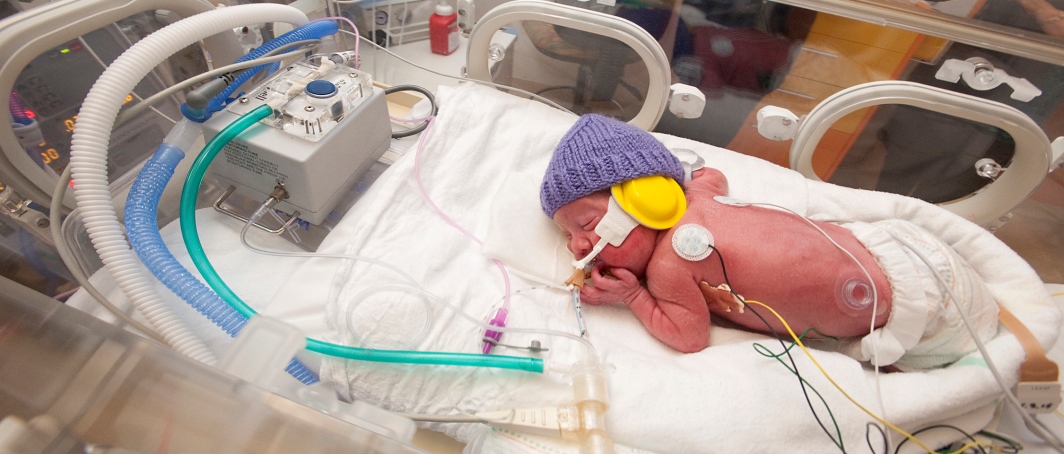Why our work is so important?
-
13.4M
number of babies are born preterm every year.
-
1M
tragically passing on the day of their birth.
-
1 in 10
babies in Australia are born prematurely (26,000 per year)
Being born too early is the leading cause of death and disability in children under five in developed countries.
Globally, around 13.4 million babies are born preterm every year.
Those born at the earliest gestational ages may suffer from severe problems such as cerebral palsy, chronic lung disease, blindness and developmental delay. Discovering how to prevent this complication of pregnancy needs to be one of our highest priorities. Preterm birth is defined as birth before 37 completed weeks of pregnancy. In Australia, nearly one in 10 babies - around 26,000 - are born prematurely each year, and the rates are almost double in Aboriginal and disadvantaged communities.
Preterm birth is defined as birth before 37 completed weeks of pregnancy. In Australia, nearly one in 10 babies - around 26,000 - are born prematurely each year, and the rates are almost double in Aboriginal and disadvantaged communities.
A High-Impact Research Program
Our world-unique WA Preterm Birth Prevention Initiative reduced preterm birth rates by 8% in its first year, preventing nearly 200 families from facing the challenges of preterm birth. The initiative includes new clinical guidelines, an outreach program for healthcare practitioners, public awareness campaigns, and a dedicated preterm birth prevention clinic.


A Sound Economic Case
WIRF’s Preterm Birth Prevention Initiative not only saves babies lives, it also represents a considerable saving for governments and health systems everywhere. Immediate care for a newborn in the weight range of 750 grams – 2kg typically costs the health system anywhere between $59,000 to $216,000. This does not extend to the ongoing costs associated with life-long health issues for those born too soon.


Translating Our Work on the National and International Stage
The findings of the Preterm Birth Prevention Initiative have been recognised as a ‘Report of Major Impact’ by the leading medical publication, The American Journal of Obstetrics and Gynaecology, providing new information and guidelines for the global health community to effect positive change in their own regions. Future success depends on securing a principal supporter to fund advanced research and expand programs that link science with clinical practice and communities, offering a roadmap for reducing preterm birth worldwide.


Prevention of preterm birth projects

Enable us to fund innovative research and vital support services
What’s new at WIRF
Stay up to date on our latest research breakthroughs, community initiatives, events and ways to get involved.

From Eminence to Evidence: WIRF Scientific Dialogue 2025 sparks fresh insights in women’s, newborn, and family health
On Friday 5 September 2025, WIRF welcomed more than 150 health professionals, researchers, academics, consumers and supporters to its annual WIRF Scientific Dialogue: From Eminence to Evidence – The importance of generating and using robust data to ensure the health of women, mothers and babies.
Read more
$260,000 in research funding awarded to advance women’s, babies’ and families’ health
To mark the final day of Women’s Health Week, the Women and Infants Research Foundation (WIRF) announced $260,000 in funding to support research projects aimed at improving the health of women, babies, and families.
Read more

